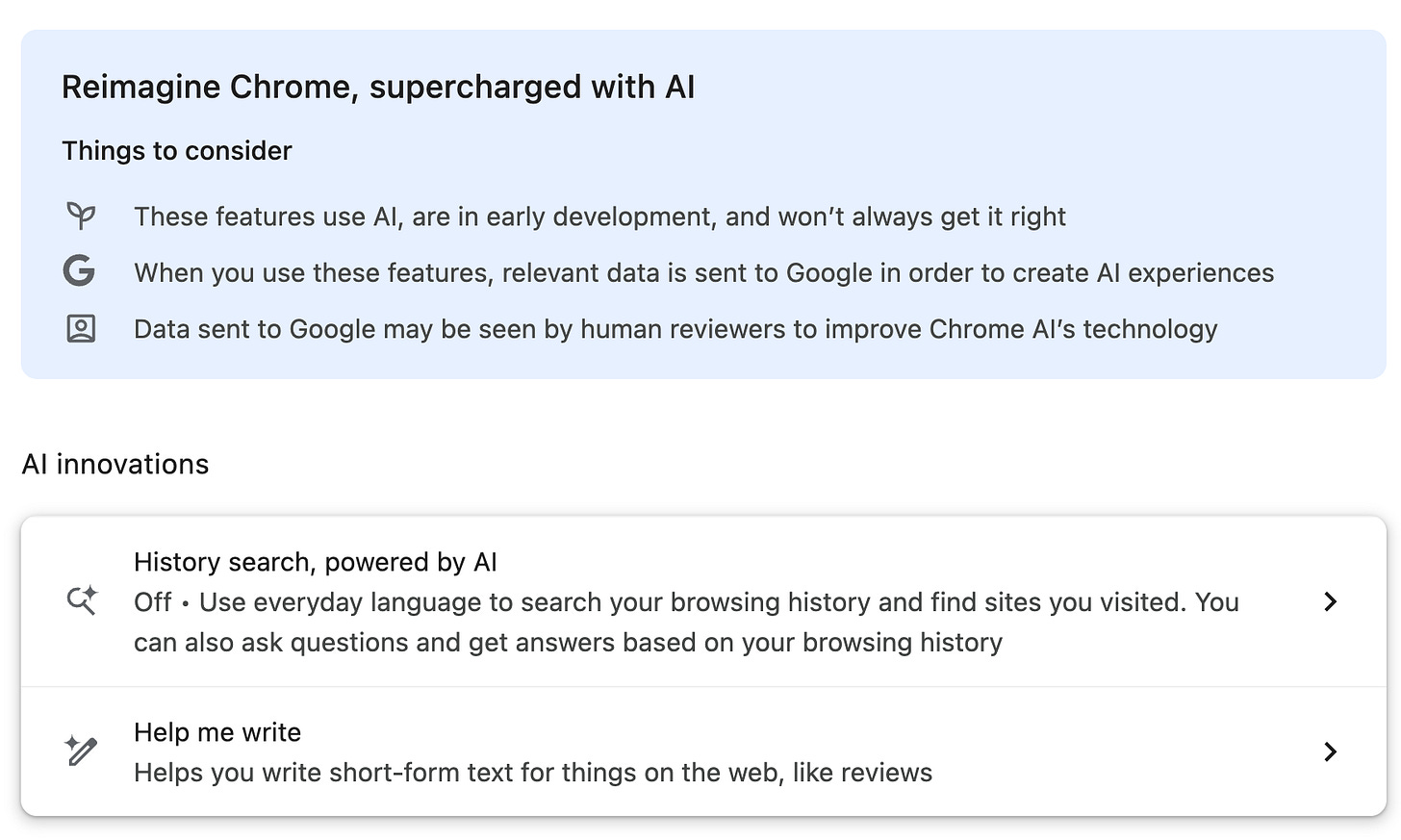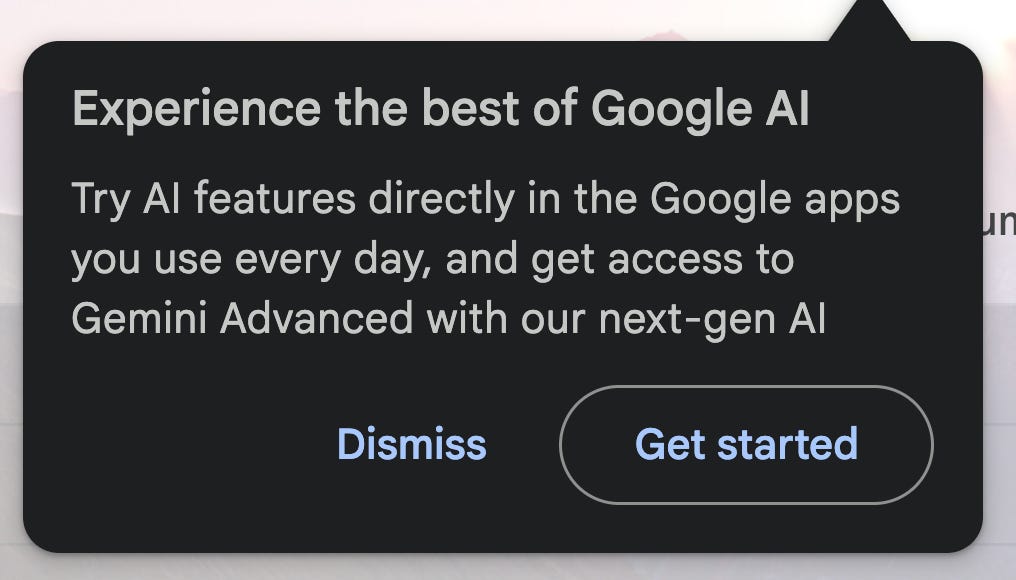News! My essay “Home Range” was named a finalist for the South 85 Journal Editor’s Choice Award. Thanks to Leslie Pietrzyk, Laura Platas Scott, and their colleagues for giving my college road trip/death of a parent/COVID lockdown ramblings such a good home. It’s in great company. The theme of the spring/summer issue is “borders | boundaries | lines." Read it here.
May or March? The calendar and the deepening green of the garden this week suggest May, but the thermometer says otherwise. A cold steady rain moved in earlier this week, tap-tap-tapping on the roof over my work space. I haven’t quite gotten over the pathetic fallacy of believing that weather mirrors mood. Here’s a rainy-day view from my writing chair:

As you can see, things around here—household organization, liberal democracy—have been in a state of semi-collapse lately. M. Gessen captured the general feeling in a May 28 op-ed in the NYT:
The United States in the last four months has felt like an unremitting series of shocks: executive orders gutting civil rights and constitutional protections; a man with a chain saw trying to gut the federal government; deliberately brutal deportations; people snatched off the streets and disappeared in unmarked cars; legal attacks on universities and law firms.
Unlike the Russian autocratic breakthrough (or, for that matter, the Hungarian one, which has apparently provided some of Donald Trump’s playbook), the transformation of American government and society hasn’t been spread out over decades or even years. It’s been everything everywhere all at once.
As Adrienne Matei explained in a May 22 essay in the Guardian, things have now reached a state of hypernormalization:
First articulated in 2005 by scholar Alexei Yurchak to describe the civilian experience in Soviet Russia, hypernormalization describes life in a society where two main things are happening.
The first is people seeing that governing systems and institutions are broken. And the second is that, for reasons including a lack of effective leadership and an inability to imagine how to disrupt the status quo, people carry on with their lives as normal despite systemic dysfunction – give or take a heavy load of fear, dread, denial and dissociation.
This month I’ve carried on in an effort to get some books read, pages written, and general living done in spite of [waves hands at everything]. The writing chair’s tucked into a corner of what my family persists in calling the playroom, though it’s been years since that was its primary function. It’s an old sleeping porch, enclosed to make an all-season room decades before we moved into this 1922 rowhouse.
Because it used to be open to the air, the playroom feels more connected to the outside in a way the other rooms in the house do not. It’s easier to sense the outside temperature here. The rain sounds a little closer on the thin roof. The boundary between the everyday and the dreamworld feels thinner. It’s a place to find some shelter from the calamities of the world, even if it’s not well insulated from the weather.
I can hear myself think here, and the ghosts are friendly. I am never lonely in this room. Two bookshelves filled with old friends from the kids’ childhoods and mine stand cozily at either end. The dog curls up in her bed next to the chair and sleeps while I work. She’d steal the chair in a heartbeat if I gave her the chance. She feels comfortable in this space too.
SkyNet lite
One intrusive presence will not leave me alone no matter where I park myself, and I don’t mean the dog. If I’m on one of my digital devices, some manifestation of AI tries to sneak through any digital crack it can find.
My generation imprinted as kids and teens on movies like “The Terminator” and “WarGames.” Early in life we were primed to brace for sentient-computer dystopias in which intelligent SkyNets come after humanity. I didn’t expect the rise of the machines to be so damned annoying.
On top of the multitude of social, cultural, environmental, ethical, IP/copyright, and business questions and problems the rapid deployment of AI has created, it rudely insists on grabbing my attention even if I don’t want to use it. Talk about everything everywhere all at once.
[Lest you think I hate all things machine-related, here’s an AI application dreamed up by my friend Mike Witmore that looks kind of cool: BitBard, “a performance platform for AI-generated Shakespearean characters. The troupe—Falstaff, Lady Macbeth, Iago, Miranda, and Sir Andrew—interact with audiences, each other, and Shakespeare’s texts. Digital artifacts from their performances and interactions are archived, annotated, and bound to the blockchain.”]
I’ve come to dread seeing the telltale sparkles emoji on my screen. My hometown newspaper, The Washington Post, flogs AI recaps of readers’ comments and tries to serve up AI-generated summaries of articles. The settings for the Chrome browser now include “AI innovations” with a default “Help me write” option. (Hell no.) I open Gmail and Google wants me to take Gemini AI for a spin. Even my meditation app offers up an “empathetic AI companion,” a feature not designed to create a Zen-like calm in this particular user. I block, disable, opt out, repeat. It gets tiresome. (My nose for chirpy-stilted ChatGPT-generated prose, however, gets stronger every day.)
A sampler of screenshots from my daily digital rounds:
I promise you that this newsletter, like everything I write, is 100% the work of my overtaxed, imperfect, un-AI-assisted human brain.
Thanks for reading.
Cheers,
Jen



















